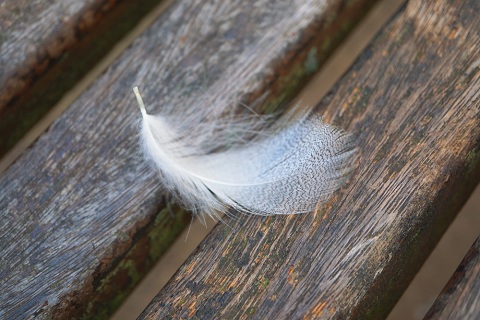Feathers are not just an aesthetic feature of birds; they play a crucial role in their survival. Feather loss in birds can be a concerning issue that affects their overall health and well-being. In this comprehensive guide, we will delve into the various causes of feather loss in birds, ranging from natural molting to underlying health issues.
I. Natural Molting:
One of the most common and natural reasons for feather loss in birds is molting. Molting is the process by which birds shed old, damaged feathers and grow new ones. This cyclical process allows birds to maintain the integrity of their plumage, ensuring optimal flight and insulation. Molting is a normal part of a bird’s life cycle and typically occurs once or twice a year.
II. Stress and Environmental Factors:
Stress and environmental factors can contribute significantly to feather loss in birds. Changes in their surroundings, such as relocation to a new cage or exposure to loud noises, can induce stress. Birds are highly sensitive creatures, and prolonged stress can lead to abnormal molting patterns and feather plucking.
III. Nutritional Deficiencies:
A well-balanced diet is crucial for maintaining healthy feathers in birds. Nutritional deficiencies, particularly in essential vitamins and minerals like vitamin A, vitamin D, and zinc, can result in poor feather quality and loss. Malnutrition can weaken the overall health of birds, making them more susceptible to feather-related issues.
IV. Parasites and Pests:
Parasites, such as mites and lice, can infest a bird’s feathers and skin, leading to irritation and subsequent feather loss. Regular inspection and treatment for parasites are essential for preventing infestations that could compromise a bird’s feather health.

V. Infections and Diseases:
Various infections and diseases can manifest in feather abnormalities. Fungal and bacterial infections, as well as viral diseases, can impact a bird’s plumage. Avian diseases like psittacine beak and feather disease (PBFD) and polyomavirus can cause severe feather loss and pose significant threats to the affected birds.
VI. Behavioral Issues:
Feather plucking, a behavior where birds compulsively pull out their feathers, can be caused by psychological or behavioral issues. Loneliness, boredom, lack of mental stimulation, or even the absence of a suitable mate can lead to this self-destructive behavior. Identifying and addressing the root cause of behavioral problems is essential for resolving feather plucking issues.
VII. Trauma and Injury:
Physical trauma or injury can result in feather loss in birds. Accidents, collisions, or aggressive interactions with cage mates can lead to damaged feathers or their loss. Providing a safe and secure environment is crucial to minimizing the risk of injuries that could affect a bird’s plumage.
Frequently Asked Questions And Concise Answer About Feather Loss of Birds
Feather loss in birds can have various causes, ranging from natural molting to health issues. It’s essential to consider factors such as diet, stress, parasites, and infections. Consulting with an avian veterinarian can help identify the specific cause and provide appropriate treatment.
Yes, molting is a natural process in birds where they shed old feathers and grow new ones. The frequency can vary among species, but most birds molt once or twice a year. If you notice abnormal or excessive feather loss outside of the typical molting periods, it’s advisable to seek professional advice.
Yes, stress can contribute to feather loss in birds. Changes in the environment, lack of mental stimulation, or social isolation can be stressors. To minimize stress, maintain a consistent routine, provide a stimulating environment, and ensure your bird has appropriate companionship. Consulting with a veterinarian can help address specific stress-related issues.
Proper nutrition is crucial for maintaining healthy feathers in birds. Ensure your bird receives a well-balanced diet with essential vitamins and minerals, including vitamin A, vitamin D, and zinc. Regularly consult with a veterinarian to assess your bird’s nutritional needs and make any necessary adjustments to the diet.
Regularly inspect your bird’s feathers and skin for signs of parasites such as mites or lice. If you observe any abnormalities, consult with a veterinarian for a proper diagnosis. Treatment may involve topical or systemic medications, and it’s crucial to address the underlying cause to prevent future infestations.
Feather plucking can result from various causes, including stress, boredom, or underlying health issues. Identify and address potential triggers such as changes in the environment, lack of mental stimulation, or health concerns. Consult with a veterinarian to develop a tailored plan to address the specific reasons behind the feather-plucking behavior.
Conclusion:
Understanding the causes of feather loss in birds is vital for responsible bird ownership. Regular veterinary check-ups, a balanced diet, and a stimulating environment can contribute to the overall well-being of your feathered companions. By addressing the underlying causes of feather loss, bird owners can help ensure that their avian friends lead healthy, happy lives with vibrant plumage.